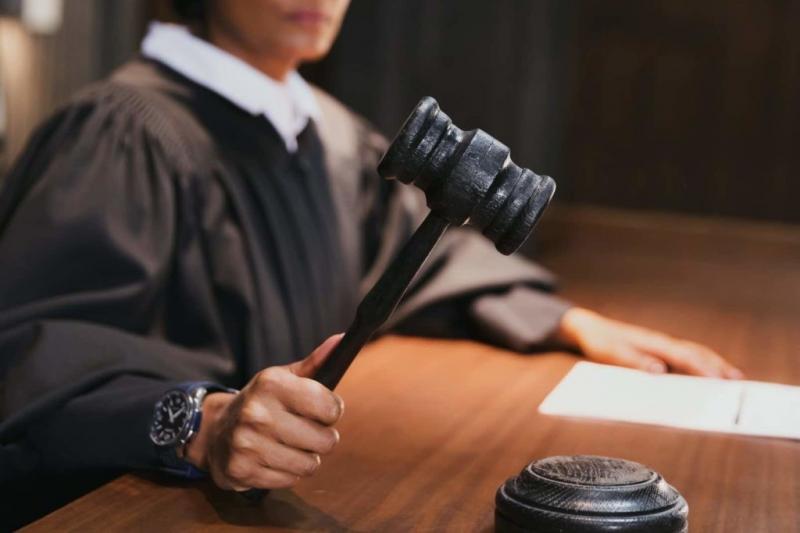Bail Bonds in Detroit: How it Works and why it Matters

Most people would automatically view an accused of a wrongdoing as confirmed guilty beyond reasonable doubt even when a court trial has not been undertaken yet which means it’s still too early to arrive at a conclusion and final verdict. But that’s how the simple man on the street could easily see things once a name has been tainted with charges. We’re all prone to that actually.
Even so, the justice system in most states and countries encourages us to hold back a little emotionally to be able to see things objectively and analyze the pieces of evidence and qualified testimonials available more accurately. It is important to hear the different parties involved in the case.
The accused has the right to clear his reputation if he is indeed innocent of a wrongdoing. It is just and right to know both sides of any story. In addition, it is his right to be out of jail unless he’s been proven guilty already and if a final verdict has been decided for his case. Visit this site to learn more about court rules in Michigan.
When the Provision of Bail has Been Granted
There are cases when the provision of bail can be granted. But how do we define it? When you’re bailed out, does it mean that you’re totally free from the charges you’re currently facing? Does it mean you’ll never go back to jail? To answer these questions, we need to know what it really means, who are qualified for such provision and to what extent should it be applied in a given situation.
Bail is defined as a written permission from court which states that a certain person who is charged with criminal offense, is allowed to be temporarily released from jail while waiting for his trial or some other possible results in the case. In Detroit, as well as most of the cities around the US, a bail bond can be processed almost immediately for minor misdemeanors.
However, for more serious crimes, it would of course, take a longer process in which judges are more likely to be involved. In this situation, the accused may be qualified for bail hearing so that the court can determine whether to grant or deny him for bail. Judges decide whether to grant or deny a bail by looking into several essential factors.
These factors include the nature and severity of the crime and its corresponding punishment, security of the accused, the witnesses, the victims involved and the community, the previous crime history and conduct of the defendant, flight risk, employment history, and his capability to interfere with the prosecution witness’ statement in the upcoming trial.

The Types of Bail in Detroit
Paying by cash isn’t the only way to post bail. There are four options available when it comes to bail bonds in Detroit.
- Cash Bond.
There are two specific circumstances when the accused posts bail by cash. The first circumstance is a personal choice to pay the entire amount of bail in cash while the other is that the factors surrounding the case determine that the defendant is a potential flight risk so he can post bail through cash-only basis.
- Personal Recognizance.
This is usually applied in limited cases in which the defendant has committed a non-violent misdemeanor and has no previous criminal record. Personal recognizance could be granted to the accused if the court feels that he would appear in all the scheduled hearings and he would not violate his bail conditions.
- Surety Bond.
If the accused cannot pay the entire amount, he could avail the payment plans offered by a bail bond company. A bail bond agent from that company would process the payment by giving 25% of the total bond amount and guarantees to cover the entire amount to the court.
The agent would then charge 10 percent of the entire amount to the defendant for the service. This is non-refundable. Also, the agent would be liable to hunt down the accused in case he flees the court trial.
- Ten Percent Bond.
This is an agreement between a defendant, his co-signer and the court. The money is returned, and the court fees and costs are deducted on the condition that the accused attends all scheduled hearings.
One should seek his lawyer’s advice to determine which among those options would be ideal in his situation. You can read some relevant information here, too: https://criminal.findlaw.com/criminal-legal-help/bail-bonds.html
The purpose of bail is to ensure that the defendant will appear in court during the scheduled trial while granting him freedom before a final verdict has been decided in the case. So, if any or several of the factors mentioned above would make his case non-bailable, he would be kept under police custody before and during trial and until the final verdict has been decided and read in court.
If the court decides that he is not guilty, then, it would be the only time when he’s released out of jail for good. If the decision is the other way around, he has to pay the penalties imposed including the length of time he needs to serve in jail.
More to Read:
Previous Posts:


